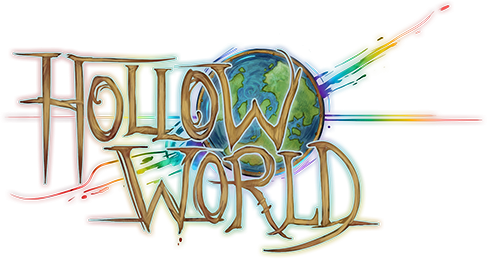Agnew
Legend of Altera
*On visits to the Crossroads, one is liable to occasionally find the writings of Gustav Fritz left lying unattended or abandoned around the inn. Of course, while the eccentric physician's writings usually prove most useful at keeping an uneven chair from wobbling, a curious individual might find themselves looking for a good rant to read whilst slowly becoming more inebriated.*
De Rebus Alchemiae
'On the Matters of Alchemy'
+A Consideration for the Purposes of Alchemy+
Gustav Fritz
When one finds it necessary to set down the plow or sword and to study the field of alchemy, they might often approach from the point of view of how it might prove useful or gainful. This view, undoubtedly, will, whilst useful in the initial entry into the prospects of Alchemical studies and investigations, prove restrictive of the new Alchemist once they reach the stage of genuine study. The objective of Alchemy is, at its core, to improve the condition of mankind (I do not restrict this definition to those of human descent and male gender, but use it in the sense to which it extends to anything capable of reasoning in any capacity and acting, at least in part, according to that reasoning.). This condition, regardless of the nesting of philosophical predispositions as it differs among reasoning beings, is thought to be remedied from a state of understanding. Understanding, however, will often be misinterpreted for consciousness of attributes of the world. Understanding, along with the consciousness of attributes of the world, requires an appreciation for both the utility of knowledge and the effects it may have on both immediate and distant posterity. While an Alchemist may publish a work on the improvement of a poison's effectiveness, he does not demonstrate understanding without fully acknowledging and taking responsibility for the knowledge to which he has exposed the world. The burden of knowledge on an Alchemist is not to be taken lightly, for the simple restriction of knowledge will allow for its discovery elsewhere, losing the Alchemist's potential to intercede in the ethical arguments regarding said discovery. When an Alchemist discovers something, they are obligated to share it with posterity in tandem with the most sound ethical argument they might form in regards to their discovery. An Alchemist undergoes the process of understanding out of duty to himself and posterity, if not to bring about new observations, then to bring about an ethical onus regarding known observations.
Of course, Alchemical studies will most often endeavor to yield new worldly observations and ideas. These are, most definitely, to be differentiated in any and all instances. The objectivity and humility of an Alchemist are vital to the formation of not only his own ideas, but the ideas which later or contemporary Alchemists might derive from his observations. The objective facts are always to take precedent over an Alchemist's preconceived notions, lest they become a teller of lies and mislead others. As such, an Alchemist should endeavor to record that which is done and observed in as much detail as possible so that later Alchemists may possibly, armed with ideas or tools unavailable to previous iterations of Alchemy, explain their evidence in new ways and work to rectify uncertainty in their postulations. Rhetoric, therefore, is a vital tool to the Alchemist. Once one perceives, they must interpret as best they can. Being limited entities, an Alchemist's objectivity allows him to overcome the limitations of either his rhetoric or observance. This is the power of posterity in Alchemy, as with any other art.
*The idly scribbled rantings of the physician seem to end here, though he is liable to misplace another paper sometime in the future, perhaps with utterly different views than before. The fact that he attempted to doodle a duck in the margin may indicate that this was not necessarily considered a musing of the utmost importance.*
De Rebus Alchemiae
'On the Matters of Alchemy'
+A Consideration for the Purposes of Alchemy+
Gustav Fritz
Of course, Alchemical studies will most often endeavor to yield new worldly observations and ideas. These are, most definitely, to be differentiated in any and all instances. The objectivity and humility of an Alchemist are vital to the formation of not only his own ideas, but the ideas which later or contemporary Alchemists might derive from his observations. The objective facts are always to take precedent over an Alchemist's preconceived notions, lest they become a teller of lies and mislead others. As such, an Alchemist should endeavor to record that which is done and observed in as much detail as possible so that later Alchemists may possibly, armed with ideas or tools unavailable to previous iterations of Alchemy, explain their evidence in new ways and work to rectify uncertainty in their postulations. Rhetoric, therefore, is a vital tool to the Alchemist. Once one perceives, they must interpret as best they can. Being limited entities, an Alchemist's objectivity allows him to overcome the limitations of either his rhetoric or observance. This is the power of posterity in Alchemy, as with any other art.
*The idly scribbled rantings of the physician seem to end here, though he is liable to misplace another paper sometime in the future, perhaps with utterly different views than before. The fact that he attempted to doodle a duck in the margin may indicate that this was not necessarily considered a musing of the utmost importance.*
Last edited:






